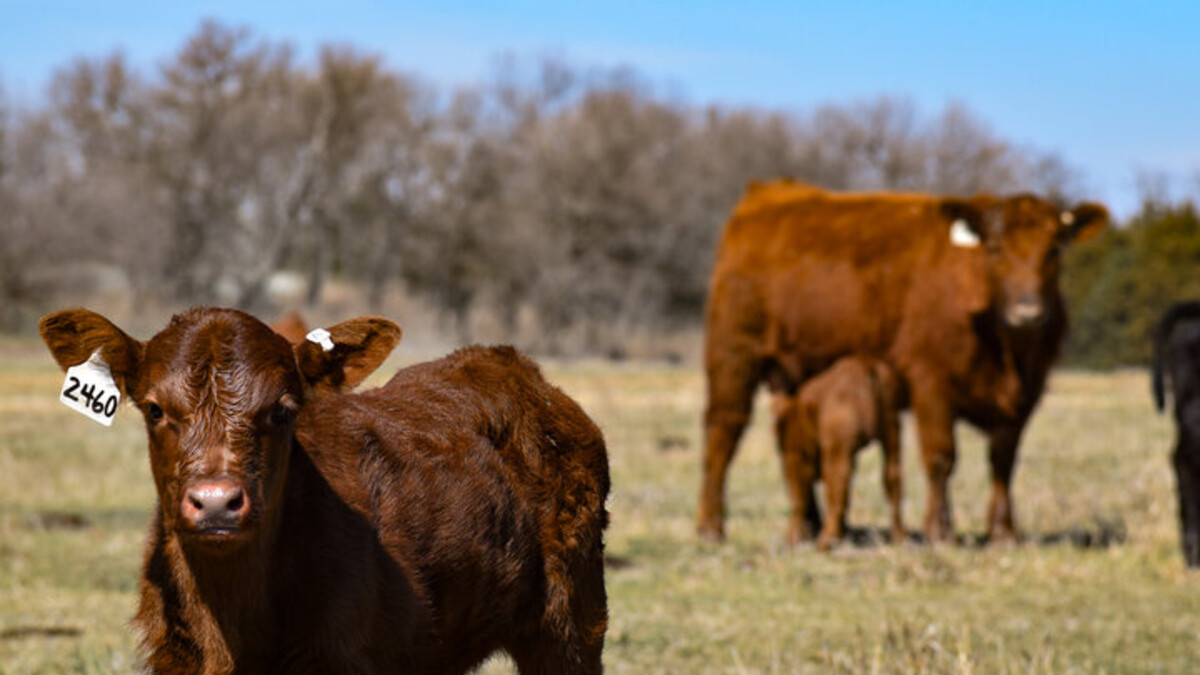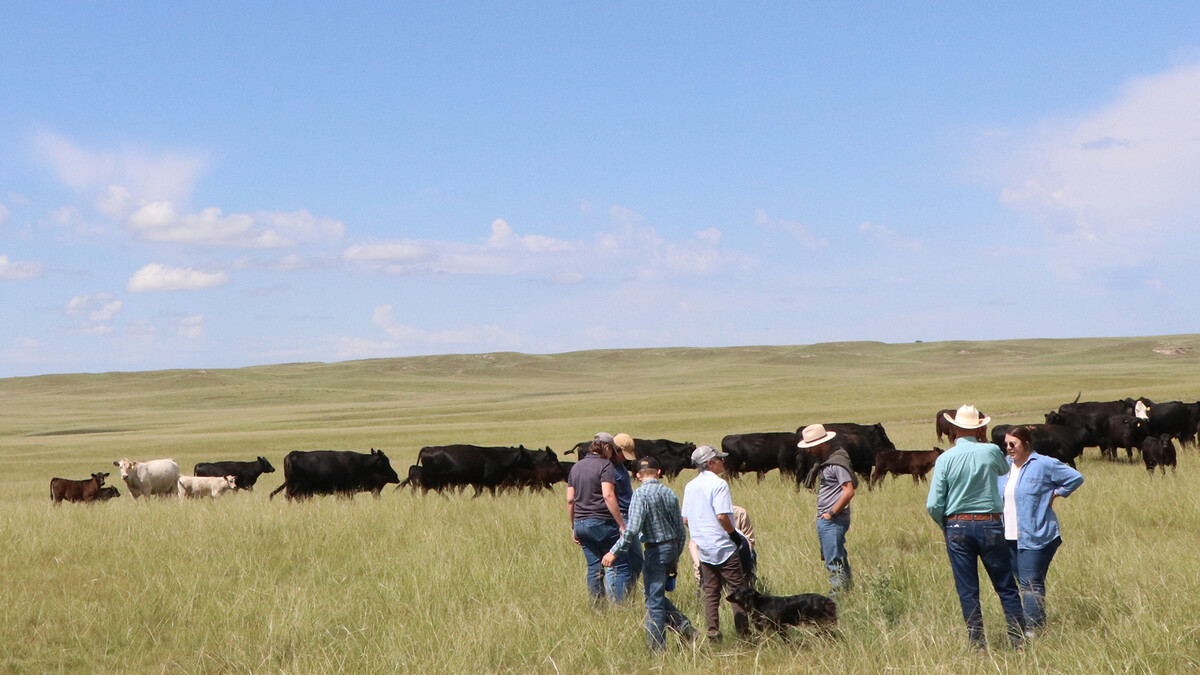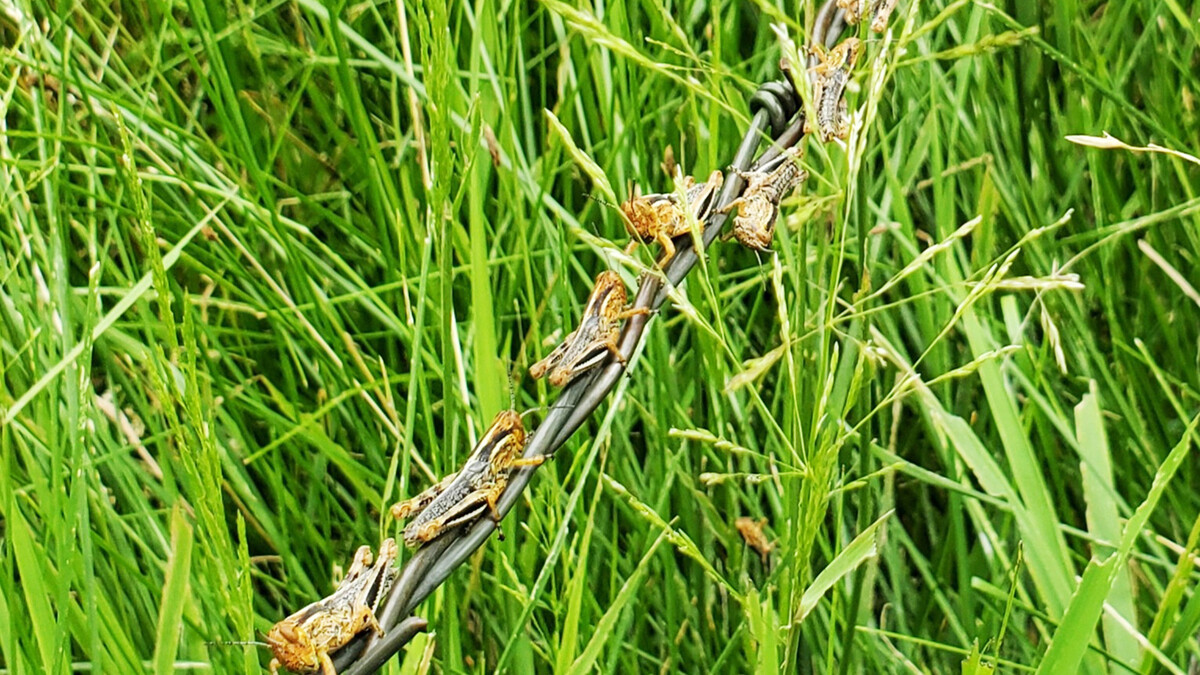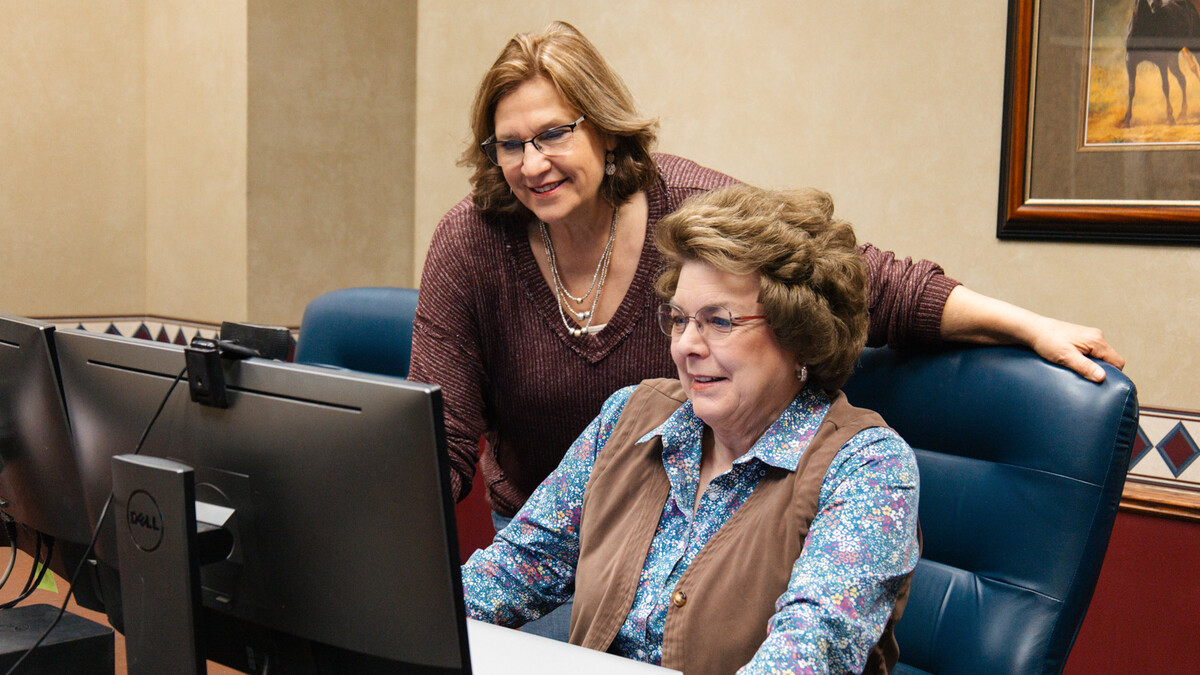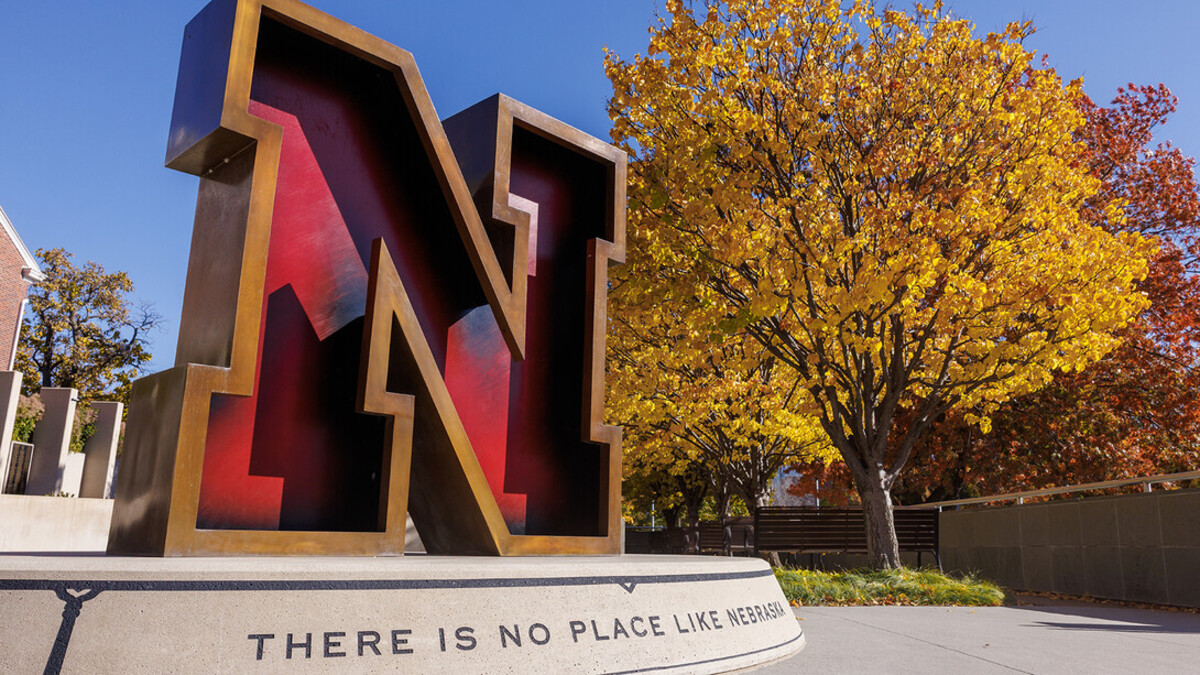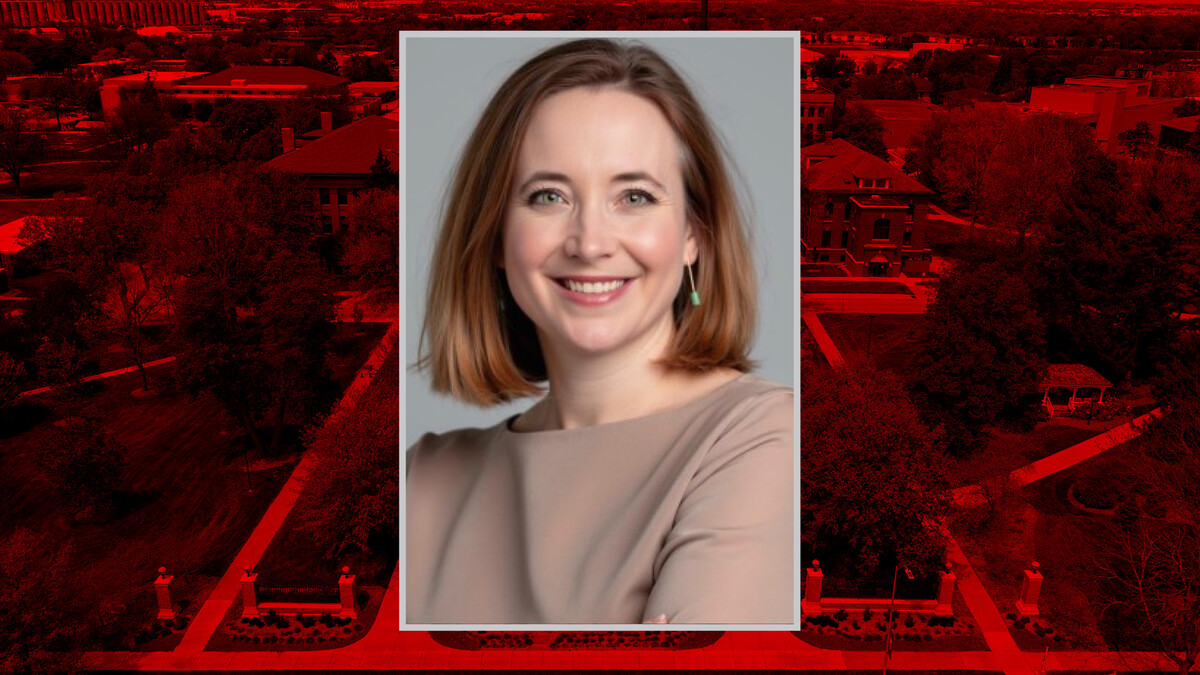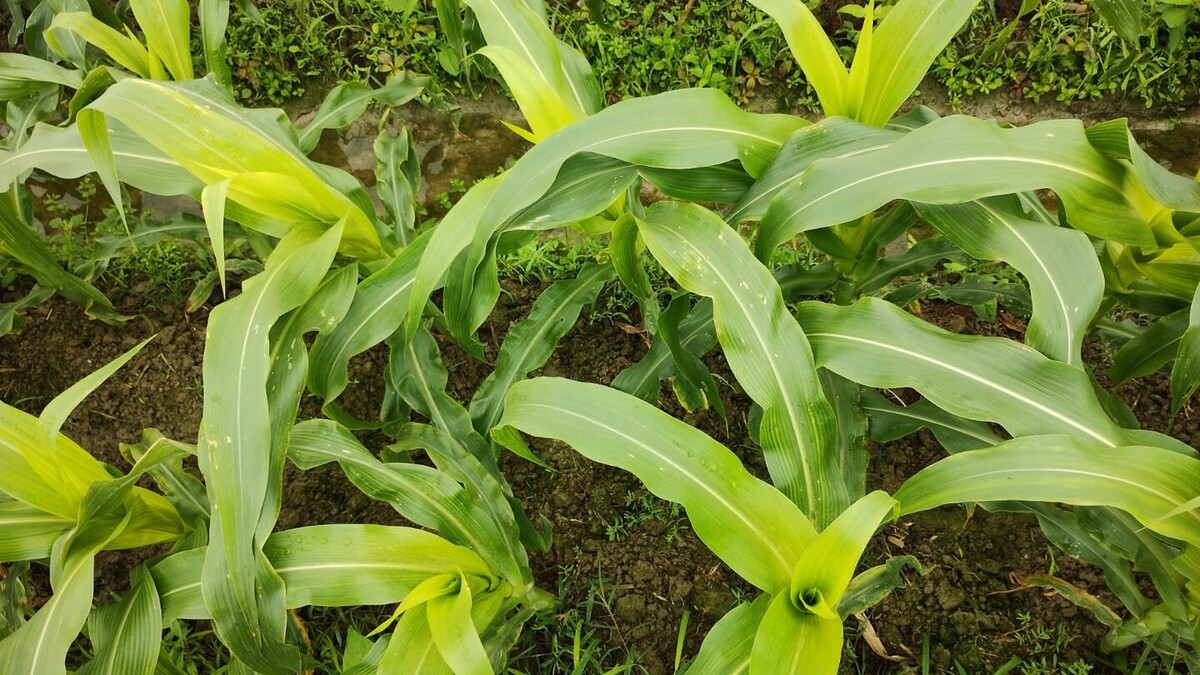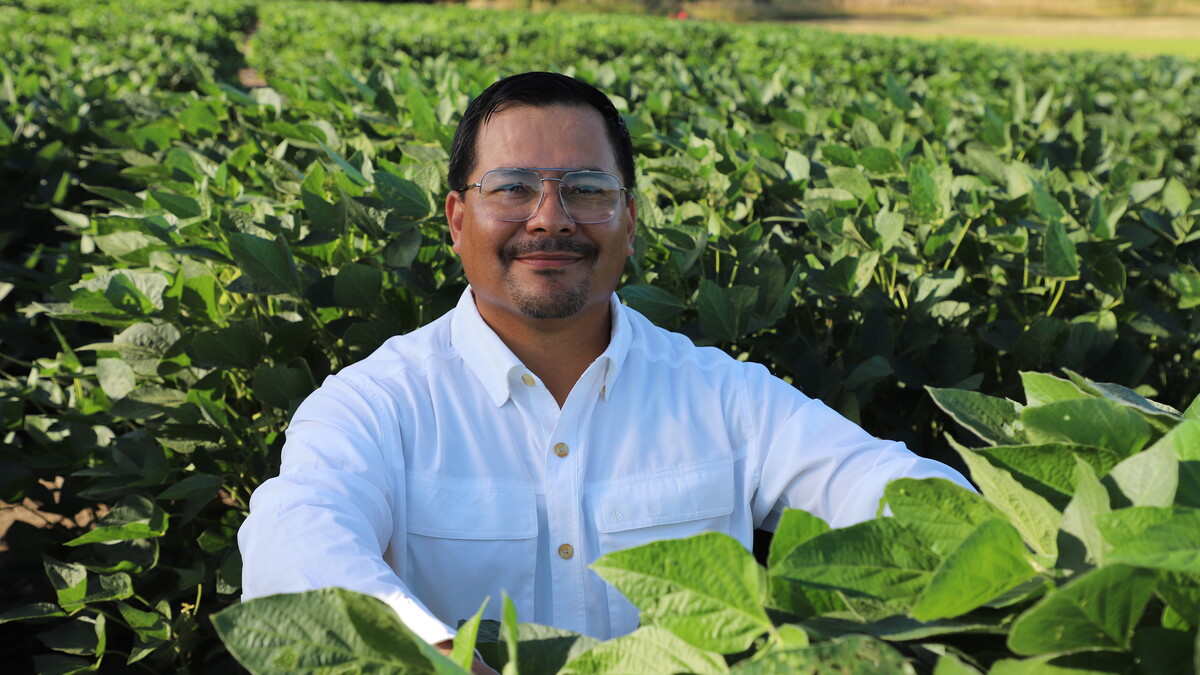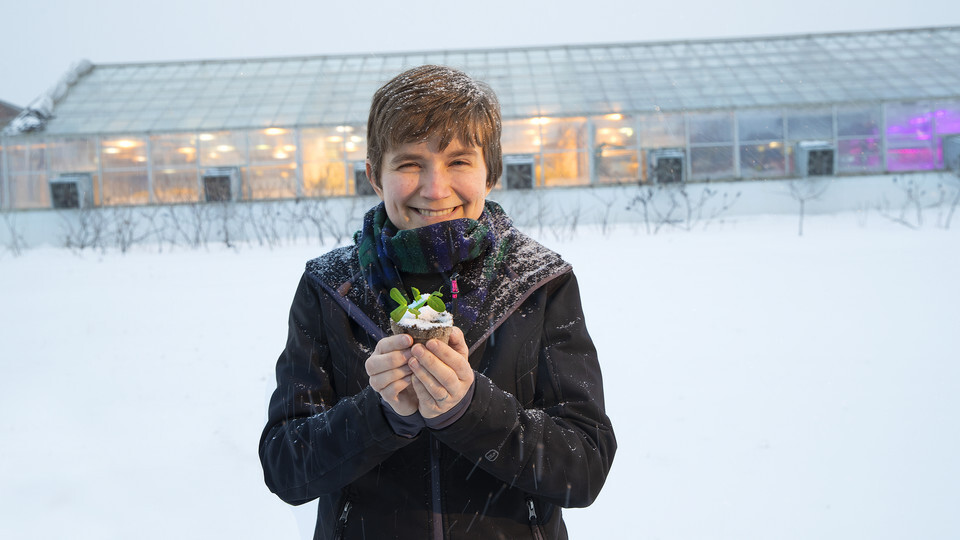
Lincoln, Neb. —University of Nebraska- Lincoln’s Rebecca Roston, Associate Professor of Biochemistry and Associate Director of the Center for Plant Science Innovation, has been named the Ralph and Alice Raikes Chair in Plant Sciences.
The Ralph and Alice Raikes Chair in Plant Sciences is funded by an endowment set up by Jeff Raikes, whose father believed that the university’s agricultural research played an important role in the state’s economic success.
Roston believes that the Ralph and Alice Raikes Chair in Plant Sciences will help her retain the lab and encourage success among her collaborators.
“One of the things that makes groups the strongest is having a long-term person that can help maintain training quality in the lab. That will help me bridge those gaps,” says Roston.
Roston attended the University of California, Davis where she received her bachelor’s degree in biochemistry and her doctoral degree in biochemistry and molecular biology. She conducted her postdoctoral research at Michigan State University.
Roston began her career at UNL in 2014 as an assistant professor in the department of biochemistry before becoming an associate professor in 2020. Her position focuses on research, teaching, and service.
The core focus of Roston’s research is resilience of plant-based agriculture. Each project in her lab relates back to this focus. Two of her current research projects look at the flexibility of membranes, specifically in temperature tolerance of plants and photosynthesis.
The research project that focuses on temperature tolerance is very applicable in a state like Nebraska, with its unpredictable climate. Plants in Nebraska can experience a wide range of temperatures in just one day, causing them to change their membranes quickly in order to adapt to the temperature they are exposed to.
In addition to her research, Roston dedicates her time to teaching and service in her position. Her passion for both areas shows as she enjoys the challenges that teaching brings and the opportunity that service brings to see others enjoy science.
“It is wonderful to act as the face of the university and go out and do outreach to the general public, and it is a delight to share little science activities with school-aged kids or with high schoolers who come in to work in the lab,” says Roston.
